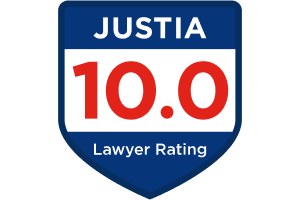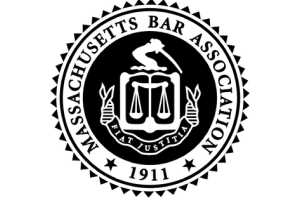Jose Torres – Supreme Judicial Court
Today, June 1, 2018, the SJC issued an opinion in Commonwealth v. Jose Torres, vacating and remanding a conviction back to the Lowell Superior Court.
The defendant was charged with several offenses, but convicted only of one count of stalking. The defendant appealed his state prison sentence to the Supreme Judicial Court, and the Court today reversed and granted him a new trial.
First Issue: Victim’s Compensation
In Massachusetts, the Attorney General oversees a victim’s compensation fund. The fund is essentially a benefit program for persons who are victims of crime and incur significant expenses. In the days leading up to trial, the defense learned that the victim had applied for compensation through the fund in order to take care of dental work she claimed was done at the hands of Mr. Torres. Upon learning this information, the defense sought the judge to order the prosecutor to provide the records (which at first she did).
The Attorney General’s Office objected to the release of the records, citing that they were confidential. The judge ultimately reversed her ruling and did not require the records to be disclosed to Mr. Torres’ attorney.
The defense sought the records two ways: (1) by arguing that the prosecutor was required to turn them over; and (2) by arguing that if they were not, they were relevant because a person would have to “cooperate” with the prosecution in order to get paid. That, the defense argued, was a theory that could be used to suggest she was only testifying in order to obtain the money from the compensation fund. The judge determined she did not have the authority to require the AGs office to issue the records, despite clear language stating the records could be turned over “as otherwise provided by law.”
We have a system in place in our courts for a defendant to obtain confidential records if they are relevant to his case (to sum up a complicated area of law in one sentence). The judge’s refusal to grant (or even consider) this as an option “hampered his ability to conduct cross-examination and protect his rights” according to the SJC.
Second issue: Jury Question
An hour into deliberating, the jury has a question: “Which one of proof need only one to be true?”
While not the most artful question, the judge interpreted this to be a question about whether or not the prosecutor had to prove the offense occurred on a specific date. The judge then instructed the jury that they “may find him guilty only if you unanimously agree that the Commonwealth has proved beyond a reasonable doubt that he committed the offense on at least one specific occasion.”
The defense claimed that this instruction was confusing, because stalking requires (among other elements) the proof that a person engaged in three specific incidents that “were of a kind that would cause a reasonable person to suffer substantial emotional distress.” The judge’s instruction in the Torres case, the defense argued, risked the jury being confused and believing the crime could be committed one “one specific occasion.”
The SJC determined that although the original instruction of stalking was correct, the subsequent instruction created an ambiguity regarding what the Commonwealth was required to prove. As such, the risk that justice was not done was substantial and so the Court ordered a new trial.





